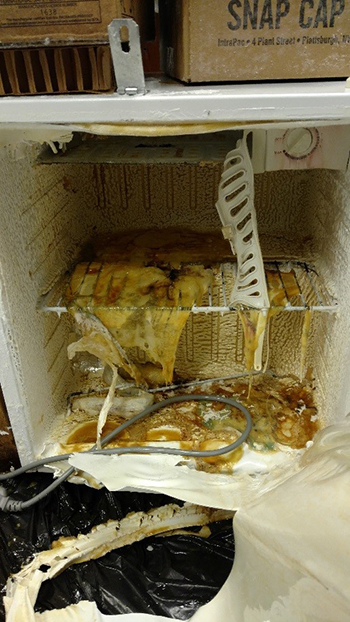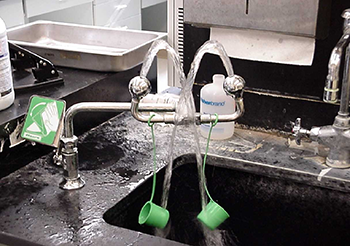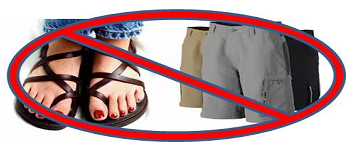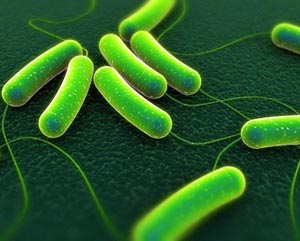|
Managing Polymerizable, Self-Heating and Other Reactive Chemicals

A recent incident in a IUPUI laboratory has highlighted the need for laboratories to be diligent and aggressive in managing polymerizable, self-heating or other reactive chemicals.
To read more about this incident as well as to learn our recommendations on managing these chemicals please click here.

Stay Safe in a New Lab Space

Physically moving a lab to a new location can be stressful and delay research. It can also generate safety concerns. While getting research up and running in the new area quickly is a priority, make sure all lab workers take time to orient themselves to the new space. Don’t assume everything will be exactly the same as in the last location. Take a minute to critically evaluate your new lab area. Do you know the locations of critical safety equipment and can you find it without looking around? Should any procedures be modified for the new space? Are additional lab communications needed? (ie Are procedures that used to be in separate rooms, now being conducted in the same space?)
Please click here for an orientation checklist to help workers transitioning to a new lab. After reviewing this list, please ask yourself if there are any additional items you need to check that are specific to your lab.

Are you Flushing your Eyewash Weekly?

Did you know that it is the responsibility of the laboratory to flush emergency eyewashes weekly? Do you know why you need to flush your emergency eyewashes weekly? Do you know how long to flush them? Do you know if you need to document that you have flushed your eyewash?
I encourage you take a moment to click here to find out the answers to these questions as well as find links to documents that you can use to record when you flush your eyewash.

Please Do Not Wear Shorts or Sandals in Laboratories

It is summer and this is the time of the year where laboratory personnel want to begin wearing shorts and sandals in the laboratories. Appropriate clothing must be worn whenever working in the laboratory. This is in addition to other personal protective equipment such as a lab coat, gloves and protective eye wear.
Please click here to read about the importance of ensuring you are properly clothed when working in a laboratory.

Human Salmonella Typhimurium Infections Linked to Exposure to Clinical and Teaching Microbiology Laboratories
 CDC and public health officials in several states have identified a multistate outbreak of Salmonella Typhimurium infections linked to various clinical, commercial, and college and university teaching microbiology laboratories. CDC and public health officials in several states have identified a multistate outbreak of Salmonella Typhimurium infections linked to various clinical, commercial, and college and university teaching microbiology laboratories.
Those sickened in the outbreak reported behaviors during lab work that may have increased the risk of Salmonella infections. These included not wearing gloves or lab coats, not washing hands, and using the same writing utensils and notebook outside of the lab.
To read the CDC report please click here and to find out more about our Biological Safety Program please click here. |